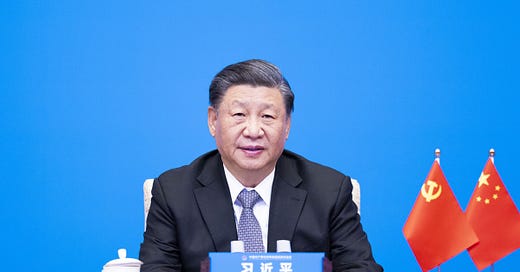China proposes Global Civilization Initiative
Diverse development paths and dialogue across civilizations
On March 15, 2023, the Communist Party of China (CPC) held a dialogue with other political parties around the world, with the theme of “Path towards modernization: the Responsibility of Political Parties.” Leaders of political parties and political organizations from many countries participated via video, including Cyril Ramaphosa, President of the African National Congress (ANC) of South Africa and President of the Republic of South Africa; Nicolás Maduro, President of the United Socialist Party of Venezuela (PSUV) and President of the Bolivarian Republic of Venezuela; Aleksandar Vučić, President of the Serbian Progressive Party and President of the Republic of Serbia; Luvsannamsrain Oyun-Erdene, Chairman of the Mongolian People’s Party and Prime Minister of Mongolia; Daniel Ortega, President of the Sandinista National Liberation Front (FSLN) of Nicaragua and President of Nicaragua; and Dickon Mitchell, Leader of the National Democratic Congress and Prime Minister of Grenada.
…


